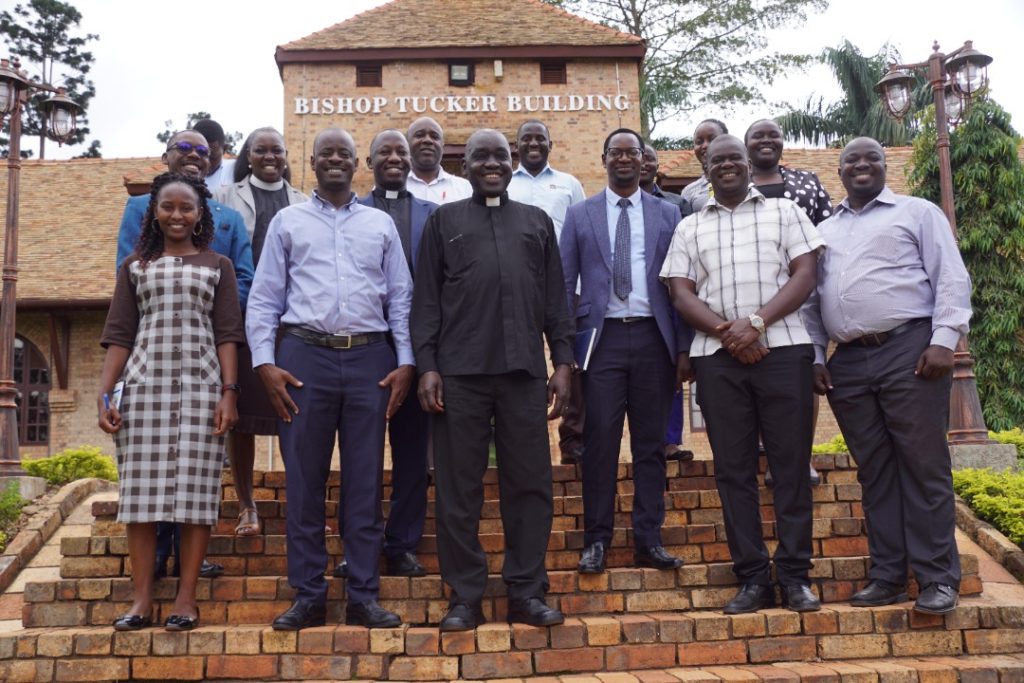By Eriah Lule
In Uganda, policy generation and communication are occasionally left for the state and key stakeholders to play a role in the whole process, given they do not have or lack vast knowledge on the matter discussed.
The church is occasionally referred to as a consulting entity, but on already established objectives, they only listen to the representatives on a few occasions.According to the Church of Uganda Blog, the Anglican Church has over 11 million followers, compared to the Uganda Bureau of Statistics’ estimate of over 47 million Ugandans in 2022.
This leaves the church with 23% of the entire population but not in a position to be a key player in the formulation of countrywide policies, a narrative that Uganda Christian University’s Africa Policy Center (APC) has vowed to solve.
According to Rev. Canon Ongeng, the Provincial Secretary of the Church of Uganda, as the church, they don’t have a forum or department that basically embarks on research that would influence policy formulation.
The lack of an African context to devise policies that would properly solve the varying issues among our people has posed a bigger challenge for many policies that have been developed but are ineffective.

“As a church, we still lag behind in policy formulation with the large numbers of people we have,” he said. “People believe in the church’s moral integrity, and if we engage in research, we won’t be left out.”
Dr. Emily Comfort Maractho, the Director of APC, noted that the APC gives a Christian perspective on global policies with very many opportunities for research and policy formulation, which would help the church become a key player in the process.
She further noted that the church suffers from worn-out people. If APC and the church come together to conduct research and develop policies that define the social problems affecting society,
“How does the church facilitate the policy progress?” she asked. That’s the question we should be asking ourselves as we start our collaboration.
Balaam Muheebwa, the provincial treasurer of the Church of Uganda, appreciated this move. We should start by having research targeted at issues that the church should be advocating. Not to mention finding an organized way to present our policy research briefs to the House of Bishops.
“This will help the head of the church to engage in research and evidence-based dialogues,” he said. “In this way, it will help us advocate for our people on different policies from an informed perspective.”
Christa Oluka, the Director of Academics, noted that UCU is a church institution, and pushing church agendas is one of its primary goals.
In the church and UCU, we have researchers and great thinkers to push for such agendas and further influence policy formulation, as well as become key players in the formulation process.


